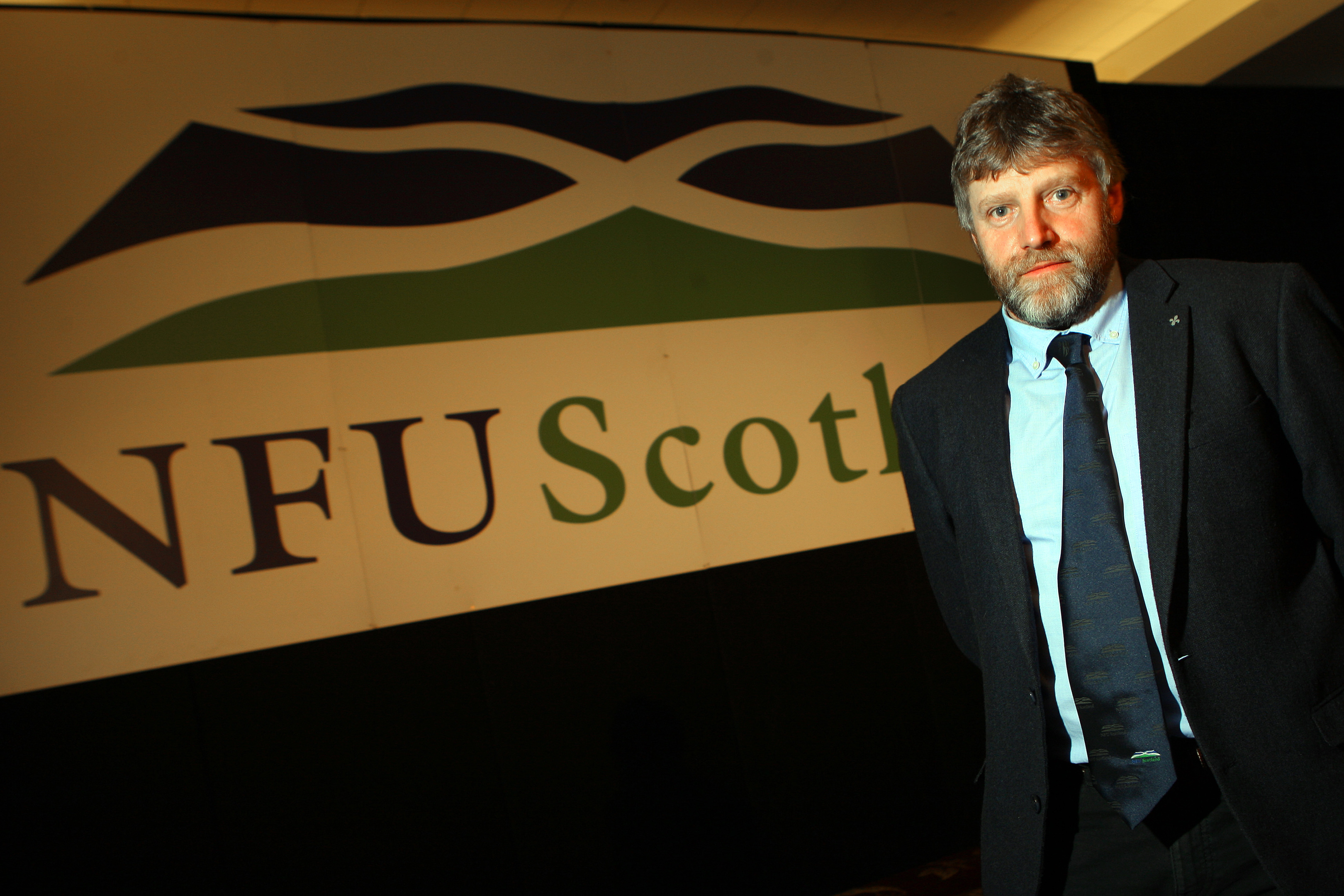Food is too cheap relative to its cost of production, according to Aberfeldy farmer and union vice-president, Martin Kennedy.
In NFU Scotland’s (NFUS) blog, he writes that food has been taken for granted in the UK for far too long, and unless farmers and crofters either receive much more for their produce, or are supported to at least the current level, then the country will become reliant on imported food.
“The result of this would be that we have no food security and no ability to feed our own country,” he said.
“Instead we would become totally reliant on others selling to us and the standards that others set for their food production.”
Mr Kennedy said that if food had risen at the same rate of inflation as house prices over the last 40 years, a four-pint carton of milk would cost £10.45, a roast chicken would be £51.18, a loaf of white bread would be £4.36 and a leg of lamb would cost £53.18.
“At these prices I couldn’t agree more that future support for agriculture is not required but unfortunately this is not where we are,” he said.
“In 1974, you could buy a new Ford 5000 tractor for around £2,300 which 30 tonnes of barley would easily pay for. Now 600 tonnes of barley wouldn’t even look at the price of an equivalent tractor.”
He said that unless farmers and crofters receive much more for their produce, or are supported to at least the current level, then the whole of the UK will become reliant on imported food.
“The result of this would be that we have no food security and no ability to feed our own country,” he said.
He called for more recognition for farmers’ role in Scotland’s £14 billion food and drink sector and insisted that politicians needed to listen to people who understand what is happening on the ground. If that happened he predicted a “positive” future for the industry.
He added: “If this is not the case then I fear that the lack of political will is not going to be our only problem. Farmers and crofters will lose the will to do the job they are good at because of such little return, severely endangering food security and our precious environment.”
nnicolson@thecourier.co.uk
